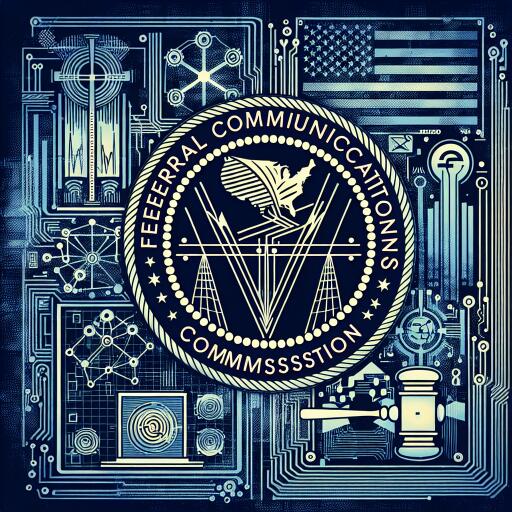USA: FCC Proposes Rules for AI-Generated Robocalls and Robotexts
In an innovative move aimed at curtailing the surge of unsolicited communications, the Federal Communications Commission (FCC) announced on August 7, 2024, a comprehensive set of consumer protection proposals against robocalls and robotexts driven by artificial intelligence (AI). This announcement follows a prior Notice of Inquiry that explored potential measures to shield consumers from the intrusive reach of AI-enabled calls.
The FCC’s action underscores the growing concern around the use of sophisticated AI technologies to generate voice or text messages that often plague consumers with unwanted communications. These AI-generated messages have become increasingly sophisticated, making it difficult for consumers to distinguish them from human-initiated contacts.
In a detailed Notice of Proposed Rulemaking, the FCC invited public comment on potential rules that define what constitutes an ‘AI-generated call’. The proposed definition is broad, including any call utilizing technology or computational methods such as machine learning, predictive algorithms, and large language models. These methods process natural language to produce voice or text content, ultimately used for communication over outbound calls.
The FCC’s initiative aims to ensure that the definition of AI-generated calls is sufficiently comprehensive to cover the evolving landscape of automated communications. Yet, it also opens the floor for public input on whether the definition needs finetuning or if such a specification is necessary, considering the stipulations of the Telephone Consumer Protection Act (TCPA).
Beyond defining AI-generated communications, the FCC seeks insights into the development and availability of technologies capable of detecting and mitigating these unwelcome calls and texts. The inquiry spans both device-based and network-level solutions, highlighting the FCC’s holistic approach to tackling the issue.
The scenario painted by the FCC’s proposed rules marks a critical step towards balancing the technological evolution with consumer rights to privacy and peace. While recognizing the potential benefits that AI technology offers, the Commission is taking a cautious stance to ensure that these advances do not come at the cost of consumer comfort and security.
The FCC’s call for comments is an open invitation for stakeholders, including tech companies, consumer rights advocates, and the general public, to weigh in on the proposed definition of AI-generated calls and texts. Additionally, it prompts a broader discussion on the technological capabilities and regulatory frameworks needed to protect consumers effectively.
As AI continues to integrate deeply into various sectors, the FCC’s proactive stance serves as a reminder of the importance of regulatory oversight in ensuring the digital evolution benefits all, without compromising individual rights or well-being. The proposed rules against AI-generated robocalls and robotexts represent a significant step in adapting to the challenges of emerging technologies, aiming to preserve a balance between innovation and consumer protection.
The period for comments presents a pivotal moment for shaping the future of telecommunications in the age of AI. How the FCC navigates these waters will likely set important precedents for how technology is regulated and consumed in the years to come, establishing a foundation for consumer protection in the digital age.










